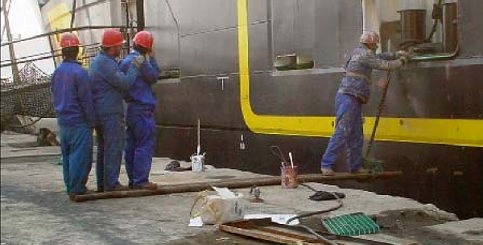Like businesses, academic institutions cannot run away from the reality of globalisation. Technology has turned the world into a small village and local activities are today impacted by global forces.
The same forces are shaping education trends. The world is so networked that the education requirements in developed countries are more or less similar to those in developing nations. Qualifications for many professions are globally standardised.
Which is why is it critical for learning institutions in Kenya and Africa to strive to grow students into global citizens.
This intervention can be more impactful if provided all the way from pre-school to high school as these are the foundations of developing a person’s character and professional structure.
The Council of International Schools (CIS), which has a presence in Africa, could form a good starting point for Kenyan learning institutions seeking to benchmark themselves with the best in the world.

Global bodies have set standards for schools that encourage improvement of different aspects through accreditation. It works more or less the way ISO certification does for conventional organisations.
Benchmarking touches at the core of education and individual development. It reviews, for instance, the school culture and partnerships for learning, governance and leadership, teaching and learning as well as faculty, support staff and the general operating ecosystem.
If our learning institutions focused on these key aspects and benchmarked themselves globally, Kenya would have high quality schools that would in turn produce globally compliant graduates.
Global certification comes with a number of benefits international recognition and commitment to high quality international education standards.
Certified schools devote to rules and focus on quality of teaching and progress of students. Above all, bench-marking would help schools to plan strategically for the future.
It’s easy to see the impact of international benchmarking. In Kenya, for example, schools that have joined CIS and met its requirements are among the best in terms of quality education and are some of the most admired even across the continent.
They include Braeburn School, Brookhouse International School, Braeside School, Greensteds International School, International School of Kenya and Oshwal Academy Nairobi.
International accreditation brings about not just change in learning, but most importantly a shift in the mindset of students, teachers and other staff to have a global scope.
The centre of gravity is shifting as technology changes how goods and services are made and consumed. Often, talent managers resort to the global market whenever supply of certain skills is limited in their jurisdictions.
When schools instil these global qualities in students early enough, they join the universal pool of talent and can thus take up jobs in any part of the world. This is one way of addressing unemployment in Africa.
Source: http://www.businessdailyafrica.com/Opinion-and-Analysis/Embracing-global-standards-education/539548-3418622-4cr80rz/



